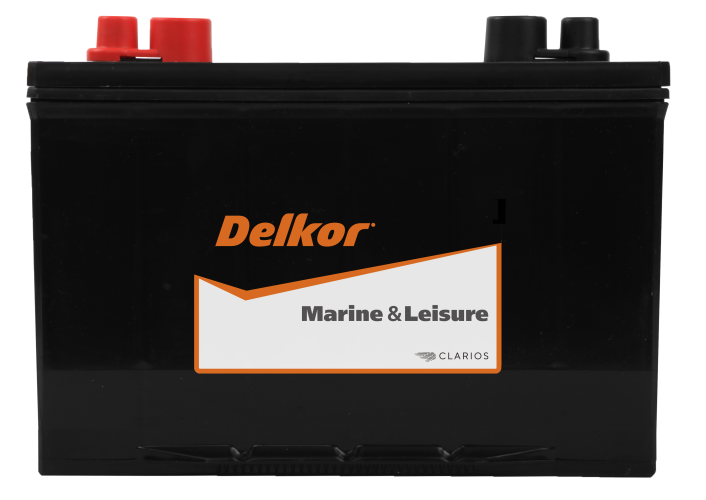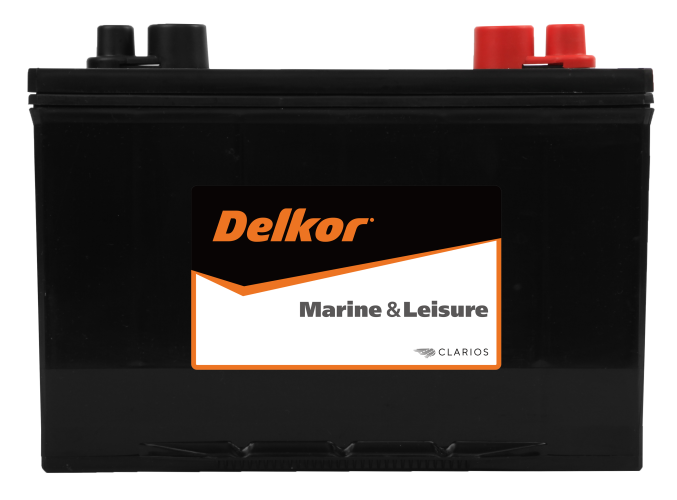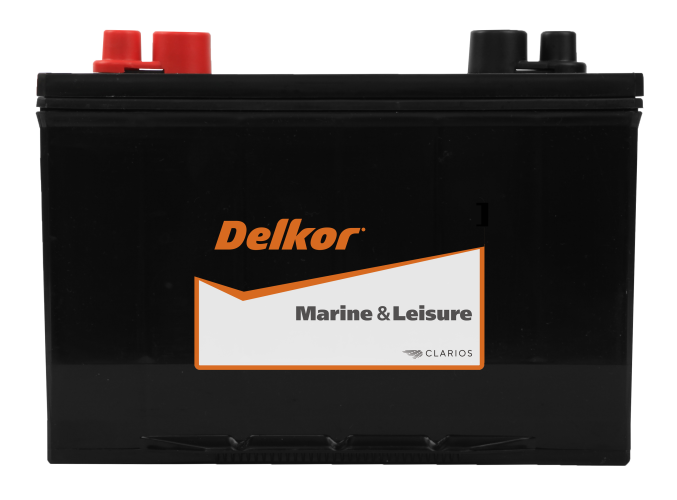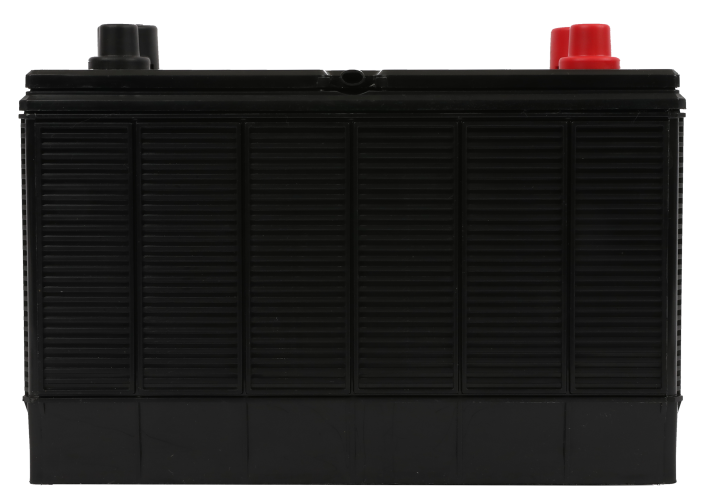There’s nothing quite like a day out on the water. Whether you’re chasing fish off the coast, sailing into the sunset, or cruising with the family, your boat needs one thing to keep it all running smoothly: a reliable marine battery. It might not be as exciting as your GPS or sound system, but without it, you’re not going anywhere.
This guide is here to help you understand marine batteries, how they differ from a car battery, and which type is best for your marine applications.
Marine Batteries vs Car Batteries
At first glance, you might think a marine battery is just a car battery in disguise. But while a car battery’s main job is to deliver short, sharp bursts of power to start the engine, a marine battery has a more demanding role.
On a boat, you’re often powering multiple systems at once — navigation gear, radios, bilge pumps, fridges, lights, even music. That requires a power source built for deep cycling (providing steady power over time) as well as enough grunt to start the motor.
Marine batteries are built tougher, designed to resist vibration, moisture, and the occasional salty splash.
Types of Marine Batteries
There are three main categories, each with different uses:
-
Starting Batteries
Deliver quick bursts of energy to get your engine going. These shouldn’t be deeply discharged, as they’re not designed for constant draw. -
Deep Cycle Battery
Built for storing energy and releasing it slowly. A deep cycle marine battery keeps your onboard electronics running for hours. They can be discharged and recharged repeatedly without damage, which makes them ideal for fridges, lights, and fish finders. -
Dual Purpose Batteries
A hybrid that combines the cranking amps of a starting battery with the stamina of a deep cycle. Perfect for smaller boats or those who don’t want to run two separate batteries.
Types of Lead Acid Batteries
When shopping for a marine battery, you’ll often come across different types of lead acid options:
- Traditional Lead Acid: The classic, affordable option. They require regular maintenance and should be kept fully charged to extend their life.
- Maintenance Free Battery (AGM and Gel): Also called absorbed glass mat AGM or gel batteries, these are sealed, spill-proof, and more resistant to vibration. AGM batteries are a popular choice for marine use thanks to their reliability.
- Lithium Ion Batteries: A newer, lighter, and longer-lasting alternative. A lithium deep cycle battery can handle thousands of charge cycles, charges faster, and weighs significantly less than lead acid batteries. The higher upfront cost is often offset by the longer lifespan.
Choosing the Right Battery for Your Boat
So, which way should you go?
- If you just need to start your engine, a starting battery will do.
- If you’re running fridges, lights, and electronics, a deep cycle battery or even multiple deep cycle marine batteries will give you staying power.
- If space is tight, dual purpose batteries strike a balance.
For casual boaters, lead acid batteries (particularly AGM) are a great fit. If you’re serious about long trips or want the best performance, lithium ion batteries are worth the investment.
How to Look After Your Marine Battery
Even the best battery won’t last if it’s neglected. Here are some simple care tips:
- Keep it charged: Don’t let your battery sit flat for long periods. Use a smart charger matched to your battery type.
- Avoid being deeply discharged: Lead acid batteries, especially, don’t like being drained to zero. Keep them topped up where possible.
- Check connections: Corrosion can sneak in fast around saltwater. Keep terminals clean and protected.
- Secure it properly: Batteries should be firmly strapped down to handle waves and vibration.
Why the Right Battery Matters for Aussie Boaters
Australia’s marine lifestyle is unique. From weekend trips on the Murray River to offshore fishing in WA, the conditions are tough - and so are the demands on your gear. A flat or failing battery doesn’t just ruin your day; it can put you in a dangerous situation.
That’s why choosing the right marine battery isn’t just about cost - it’s about peace of mind. When your battery is properly matched to your boat, you know your bilge pumps will run, your nav gear will stay on, and your engine will crank when you need it most.
Final Thoughts
Your boat battery is the unsung hero of every adventure. Whether it’s a traditional lead acid unit or a cutting-edge lithium deep cycle battery, the right choice ensures your days on the water are smooth, safe, and memorable.
So before your next trip, ask yourself: is my battery up to the task? If not, it might be time to invest in a new marine battery that keeps your adventures fully powered.
Because at the end of the day, the best stories on the water start with a boat that’s ready to go - and a battery that won’t let you down.









